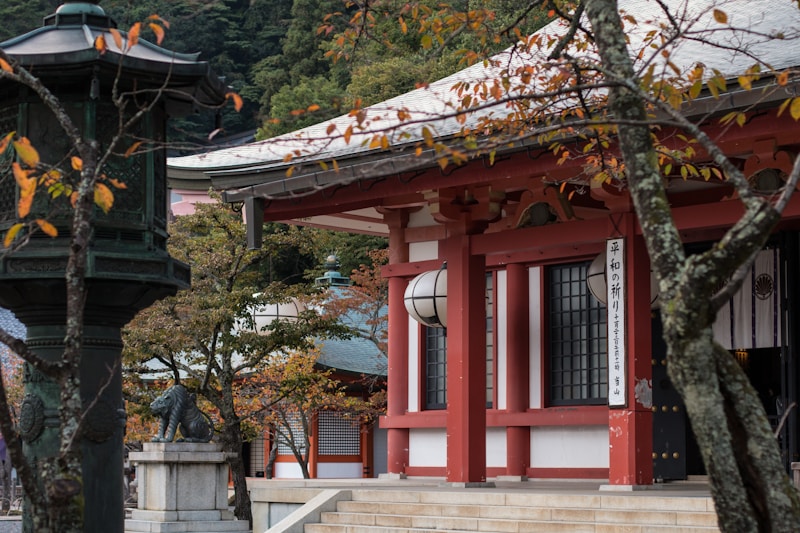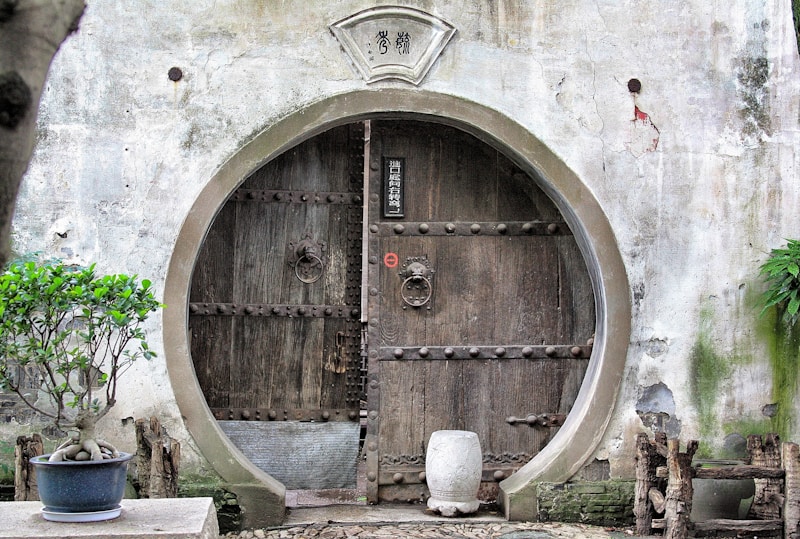30 Questions
What does traditional knowledge refer to?
Developed plant species and animal breeds
How is traditional knowledge transmitted from generation to generation?
Orally
In what form does traditional knowledge tend to be collectively owned?
Community laws
What does 'traditional knowledge' encompass?
Inventions, scientific discoveries, designs, and undisclosed information
What are some examples of traditional knowledge mentioned in the text?
Cultural values, beliefs, rituals, and local language
What makes traditional knowledge developed by indigenous communities unique?
Its collective ownership and adaptation to local culture and environment
What categories does traditional knowledge, as defined by the World Intellectual Property Office (WIPO), include?
Medicinal, Agricultural & Ecological Knowledge
What does traditional knowledge cover according to the text?
Knowledge of the environment - snow, ice, weather, resources - and the relationships between things.
How do Native people define traditional knowledge?
It is practical common sense based on teachings and experiences passed on from generation to generation.
Why do some indigenous people find it challenging to communicate traditional knowledge to the younger generation?
Competition from other cultures that capture the imagination of the young.
Why is it important to compare scientific and traditional knowledge?
To avoid trivializing traditional understanding by science practitioners.
What hampers the communication of traditional knowledge according to the text?
Competition from other cultures capturing the imagination of the young.
What makes traditional knowledge dynamic and stable as per the text?
Its cumulative nature and constant evolution.
What does traditional knowledge give credibility to according to the text?
The people who hold it.
What is the impact of elders dying on traditional knowledge?
The full richness of tradition is diminished because some knowledge has not been passed on and is lost.
What does the interest to compare scientific and traditional knowledge come from?
Collecting traditional knowledge without the contextual elements.
How is traditional knowledge defined in the text?
As knowledge, innovations, and practices of indigenous and local communities
What form does traditional knowledge tend to take?
Community-owned folklore and stories
How is traditional knowledge transmitted from generation to generation?
Orally
What does 'traditional knowledge' encompass according to the text?
Cultural values, beliefs, and rituals
What is the source of traditional knowledge according to the text?
Indigenous and local communities
What characteristic makes traditional knowledge holistic according to the text?
It cannot be compartmentalized and separated from the people who hold it
What is the World Intellectual Property Office's (WIPO) definition of traditional knowledge?
Knowledge of agricultural and ecological practices
What makes traditional knowledge dynamic and stable as per the text?
Its adaptation to the local culture and environment
Why does the interest to compare scientific and traditional knowledge arise?
To collect traditional knowledge without contextual elements
What is the impact of elders dying on traditional knowledge, as mentioned in the text?
It diminishes the full richness of tradition as some knowledge is not passed on and is lost
What is the main challenge faced by many indigenous people today in communicating traditional knowledge to the young?
Competition from other cultures that capture the imagination of the young
What does traditional knowledge give credibility to, according to the text?
People
What makes traditional knowledge an authority system according to the text?
It sets out rules governing the use of resources - respect, an obligation to share
What is one way in which traditional knowledge is unique when compared to scientific knowledge?
It encompasses a far richer understanding of ice and snow
Study Notes
Traditional Knowledge
- Refers to the knowledge, innovations, and practices of indigenous and local communities, developed from their experience and interaction with the environment.
Transmission and Ownership
- Traditional knowledge is transmitted from generation to generation through oral traditions, stories, and practices.
- It tends to be collectively owned, with the community as a whole being the custodian of the knowledge.
Scope and Categories
- Encompasses a wide range of aspects, including agriculture, medicine, conservation, and spiritual practices.
- According to the World Intellectual Property Office (WIPO), traditional knowledge includes categories such as medicine, agriculture, and conservation.
Characteristics and Importance
- Unique to indigenous communities, as it is deeply rooted in their cultural, social, and spiritual practices.
- Gives credibility to the community's way of life and cultural practices.
- Dynamic and stable, as it is adapted and refined over time through the community's experiences.
- Holistic, as it considers the interconnectedness of all aspects of life.
Challenges and Importance of Comparing with Scientific Knowledge
- Many indigenous people find it challenging to communicate traditional knowledge to the younger generation.
- The death of elders can lead to a loss of traditional knowledge.
- Comparing traditional knowledge with scientific knowledge is important, as it can lead to a more comprehensive understanding of the world.
- The interest in comparing traditional and scientific knowledge arises from the need to recognize and respect the knowledge and practices of indigenous communities.
Definitions and Form
- Defined as the knowledge, innovations, and practices of indigenous and local communities, developed from their experience and interaction with the environment.
- Tends to take the form of oral traditions, stories, and practices.
- Source of traditional knowledge is the community's experience and interaction with the environment.
- The World Intellectual Property Office (WIPO) defines traditional knowledge as including categories such as medicine, agriculture, and conservation.
Test your understanding of the definition and meaning of traditional knowledge with this quiz. Explore the knowledge, innovations, and practices of indigenous and local communities around the world.
Make Your Own Quizzes and Flashcards
Convert your notes into interactive study material.


